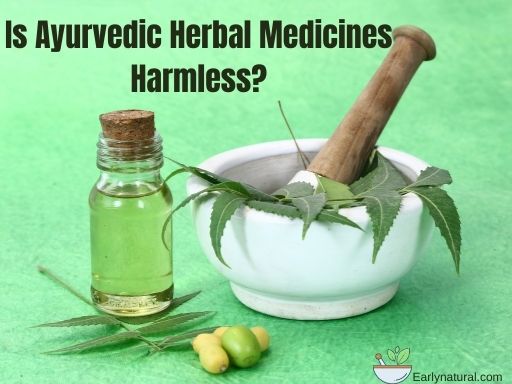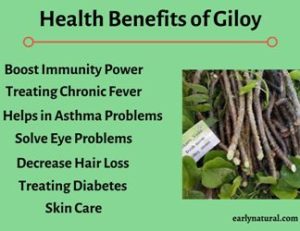
Ayurvedic medicines are used by people all over the world for the treatment of different ailments. Ayurveda, which literally means “the science of life” is a unique alternative medical system with ancient roots in India. The basic concept and practice of Ayurveda lie in a set of beliefs and practices that have been passed down from one generation to the next.
According to traditional teachings, life is controlled or shaped by powerful forces such as ‘Vishnu’ or ‘Rajas’. These forces work within the body of the individual, causing disease and health according to the individual’s constitution, or his physical characteristics. Therefore, the aim of the art of Ayurveda includes careful attention to the constitution and lifestyle of individuals, in order to prevent or treat disease and help individuals maintain good health.
Traditional ayurvedic medicines are used for the treatment and prevention of disease. They include a variety of herbs and plants, many of which are not found in the herbal medicine of modern times. In addition, Ayurvedic physicians are well trained in assessing and prescribing the most appropriate blend of herbs and vitamins for a particular individual.
Many of the traditional methods of treatment are similar to those employed in conventional medical care, including the use of massage, special diets, stress management and the administration of herbal teas. Ayurvedic physicians follow a more simple, holistic approach and do not use drugs or surgical operations to cure their patients.
Ayurvedic medicines are divided into two main categories, depending on the disease they are used to treat. Panch-Tikta-Ghrut-Guggulu, or Tapyadi-Loh, is a four-stepped formula used to treat various diseases and bodily conditions. These medicines are made from a mixture of herbs, minerals, vitamins and other plant products.
Other than these, there are a number of ayurvedic formulations that are used for the treatment of cancer and other diseases. Some examples include Yashtimadhuk (Glycyrrhiza glabra), Gokshur (Tribulus Terrestris), Haritaki (Terminalia chebula), Tulsi (Ocimum sanctum), Nimba (Azadirachta indica), Amalaki (Emblica Officinalis), Haridra (Curcuma longa), Patol (Tricosanthe dioica), Musta (Cyperus rotundus) and Guduchi (Tinospora cordifolia).
The present-day Samhita of Rama (Publication), also called the Charaka Samhita, is a classical treatise of ancient Indian medicine written in the Sanskrit language. The word “Charaka” means “the instruction” and the reference is to the treatise that is considered as one of the most important collections of texts on Ayurveda.
The present-day Samhita forms an important part of the history of Indian medicine since it was published around the fourth century BC. The book has been termed the “Bible of Ayurveda” and it is referred to as the classic text in this field.
The present-day Samhita forms the fundamental text for all those who are interested in learning about the various phases of development that are a part of the development of ayurvedic medicines in India. It is a single-volume book containing more than 500 pages of notes and illustrations.
The shastra of ayurvedic medicines is also referred to as the “Bible” since it provides the basic knowledge required by a student of ayurvedic medicines to make a successful journey in this field.
The present-day shastra is a study published by S. Gopalakrishnan called the “Vatika Ghosh”. This work was published about fourteen years ago and it is considered as a major contribution in the field of ayurvedic medicines.
The present-day scientists are still engaged in proving the effectiveness of traditional ayurvedic herbal medicines against conventional medicines and their side effects.
It is believed that these herbs are completely safe as they do not possess any hazardous side effects. They are also effective against other diseases like cancer, diabetes, Parkinson’s disease, osteoporosis, rheumatism, infections and many others. Hence we can say that ayurvedic herbal medicines are totally harmless.



